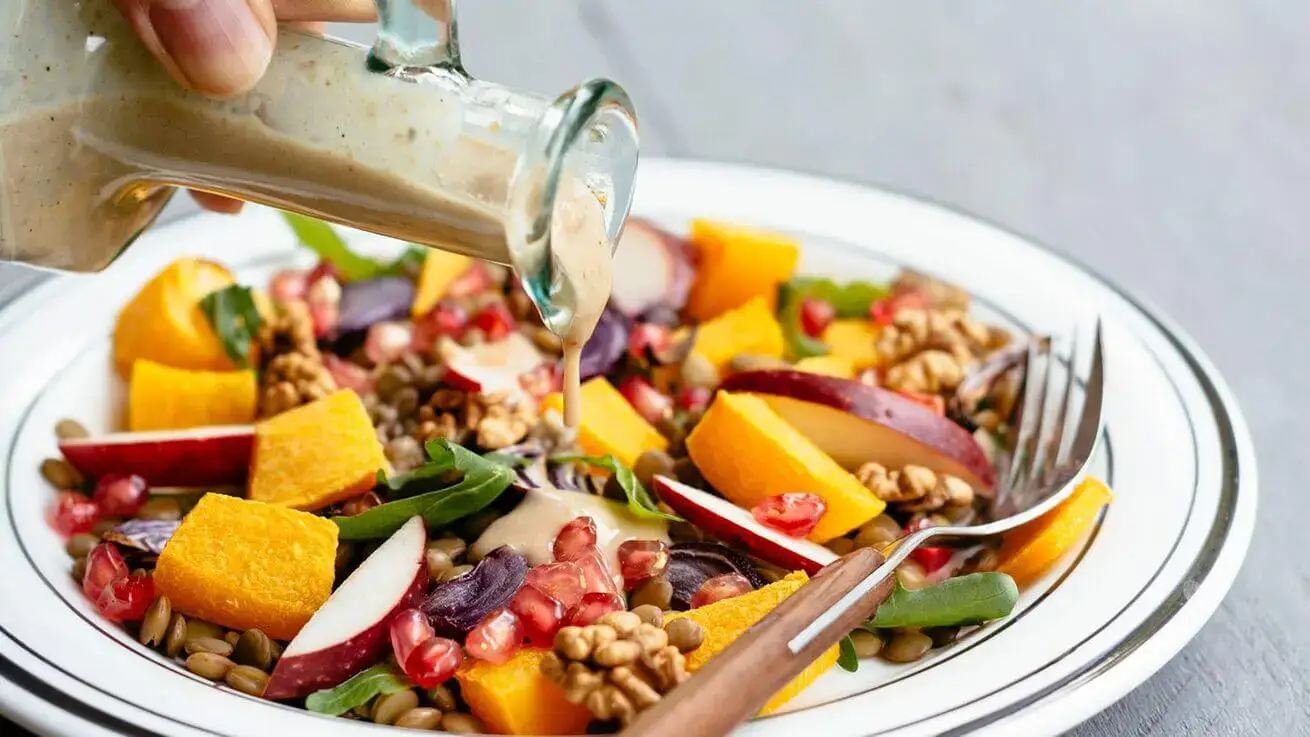The main difference between mixture and compound is that mixtures are combinations of two or more substances that are physically mixed together. Compounds, on the other hand, are substances formed by the chemical combination of two or more elements.
The other significant difference between them is that mixtures do not involve chemical bonding between their components. Compounds, on the other hand, have chemical bonds that hold their elements together.
Although these two terms may sound similar, they refer to entirely different concepts. In this article, we will explore the 10 key differences between mixtures and compounds, presented in a tabular format. This format will help you grasp these differences quickly, making it easier to comprehend the essential distinctions between these chemical entities.
Mixture vs Compound
| Aspect | Mixture | Compound | |
| 1. | Definition | A combination of two or more substances. | A substance i.e. formed by chemically combining two or more elements. |
| 2. | Composition | Variable; components retain their properties. | Fixed; components combine in fixed proportions. |
| 3. | Separation Methods | Can be separated using physical methods. | Can only be separated through chemical reactions. |
| 4. | Chemical Bonding | No chemical bonding between components. | Components are chemically bonded together. |
| 5. | Properties | Components maintain their individual properties. | Has unique properties different from its components. |
| 6. | Homogeneity | Can be homogeneous or heterogeneous. | Always homogeneous throughout the sample. |
| 7. | Melting and Boiling Points | Variable; depends on components. | Fixed; characteristic melting and boiling points. |
| 8 | Energy Changes in Formation | No energy changes during formation. | Energy changes (release or absorb) during formation. |
| 9. | Chemical Formula | No specific chemical formula. | Represented by a chemical formula (e.g., H2O). |
| 10. | Examples | Salad, air, granite, sand, trail mix, etc. | Water (H2O), sodium chloride (NaCl), methane (CH4), etc. |
Detailed Explanation of 10 Differences Between Mixture and Compound:
- Definition: Mixtures are combinations of two or more substances that are physically mixed together. Compounds, on the other hand, are substances formed by the chemical combination of two or more elements.
- Composition: Mixtures have a variable composition, and their components retain their individual properties. In contrast, compounds have a fixed composition, and the components combine in specific proportions.
- Separation Methods: Mixtures can be separated using physical methods such as filtration, distillation, or chromatography. Compounds, however, can only be separated through chemical reactions.
- Chemical Bonding: Mixtures do not involve chemical bonding between their components. Compounds, on the other hand, have chemical bonds that hold their elements together.
- Properties: Components in a mixture maintain their individual properties. In compounds, the resulting substance has unique properties that differ from its constituent elements.
- Homogeneity: Mixtures can be homogeneous (uniform throughout) or heterogeneous (non-uniform). In contrast, compounds are always homogeneous.
- Melting and Boiling Points: Mixtures have variable melting and boiling points, depending on the components. Compounds, on the other hand, have characteristic and fixed melting and boiling points.
- Energy Changes in Formation: No energy changes occur during the formation of mixtures. Compounds involve energy changes, such as the release or absorption of energy during formation.
- Chemical Formula: Mixtures do not have a specific chemical formula. Compounds are represented by a chemical formula that indicates the elements and their ratios, such as H2O for water.
- Examples: Common examples of mixtures include salad, air, granite, sand, and trail mix. Compounds include water (H2O), sodium chloride (NaCl), and methane (CH4).
That’s it for this post. If you like this article, share it if you like, like it if you share it. You can also find us on Mix, Twitter, Pinterest, and Facebook. Hey man, If you have come this far, do give us feedback in the comment section. It would make my day. You can also make a donation. Your donations will help us to run our website and serve you BETTER. Cheers!!!
You might also like:
- Difference Between Suspension and Colloid in Tabular Form
- Difference Between Emulsion and Suspension in Tabular Form
- Difference Between Homogeneous and Heterogeneous Mixtures with Examples
- Difference Between Miscible and Immiscible Liquids in Tabular Form
- 10 Difference Between Solute and Solvent in Tabular Form
